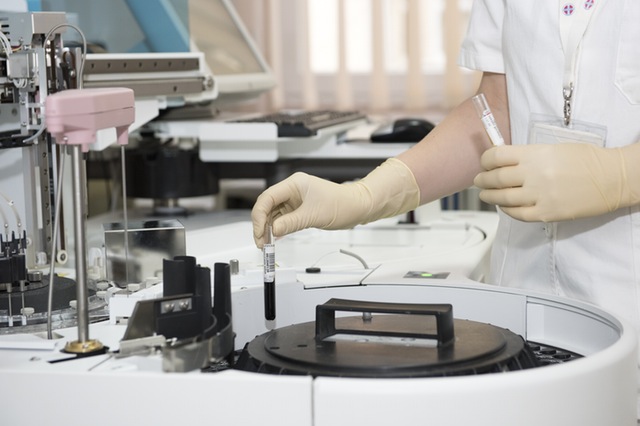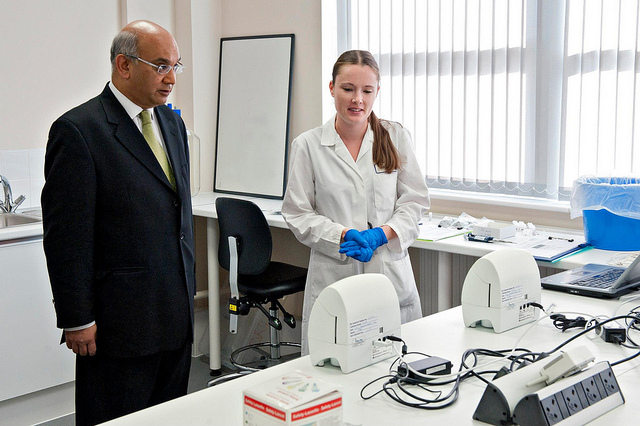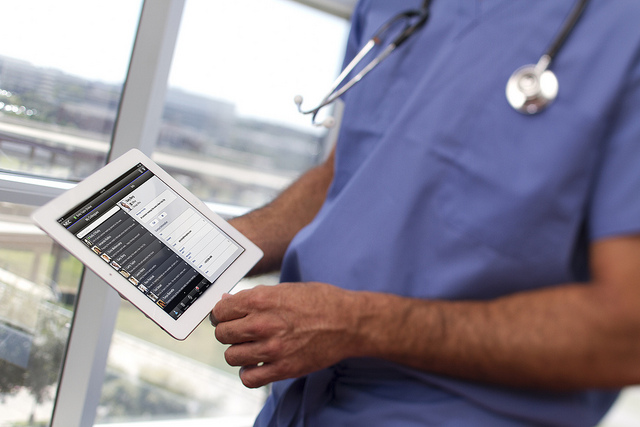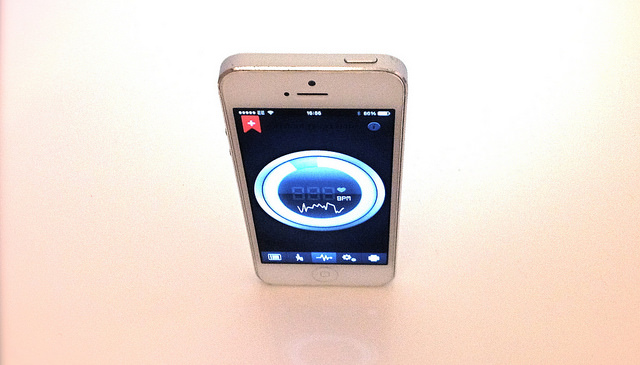It’s often been said that the reason why healthcare costs are rising is because of “technology.” But a moment’s thought about this shows that it doesn’t make much sense. Technology almost always makes something cheaper, not more expensive. We can see the effect of technology, even brand new technologies like big data and AI, in the falling costs of manufactured goods. And we can see the powerful effect that technology has had in the agricultural sector, causing food prices to fall all over the world.
The problem with healthcare is that there are so many other factors conspiring to make it more expensive: the aging population, for instance, means that there are more people with age-related diseases. The way the market is set up where some states only have a single supplier means that there is less competition to push prices down. And then there’s the fact that regulations tend to bump up the costs of business in practically every part of the sector.
But all is not lost. Technology, rather than make medicine more expensive, is actually making it cheaper. Here’s how.
Cheaper Diagnostics
In the past, if you wanted to diagnose a condition in a patient, you had to have a highly trained doctor, and that doctor had to have a lot of time to make their diagnosis. But thanks to technologies like IBM’s Watson, diagnosing diseases has become a lot faster and more accurate. With the help of technology, doctors are now able to make far more diagnoses per unit of time, and those diagnoses are of a higher quality. Ultimately, this should trickle down in the form of lower prices for patients.
Diagnosis technology has come on leaps and bounds in recent years thanks to AI. Now medical assistants are going beyond mere identification of a disease and towards how to treat it. For instance, there is an AI technology that doctors can use that helps them to delineate the boundaries of tumors far more rapidly and accurately than a human doctor could.
Smart Medical Software
The healthcare industry is, as a whole, is dominated by massive troves of information. The problem, as Vidius Solutions points out, is making sense of all those data and putting them to use. At the moment, many healthcare providers are using data inefficiently: they’re either using legacy software, or worse still, doing things by hand. But healthcare IT promises to take the labor out of these rote tasks by offering systems to providers that will speed up the process. We already see the effect of this type of service in radiology, and it’s only a matter of time before it affects other areas of the industry.
DIY Healthcare, Enabled By Tech
Finally, technology promises to give patients tools to better monitor and manage their own health. Already we’re seeing sensors being developed that can detect things like blood pressure and blood sugar levels. This, in turn, will help patients manage their own care. In a system where patients don’t directly pay for their health care needs, they need to educate themselves about what’s good for them and what’s not. According to Jerry Buchanan, an executive at a health tech company, this is the only way that market forces will have the opportunity to work.













Comments are closed.